HORMONES….I know.
That word is triggering for me, too! Doesn’t it seem like hormones are all the rage right now (see what I did there 🤣?). It seems every time we turn around we hear about more hormone-related health problems like chronic stress, lack of sleep, weight gain, fatigue, and depression. There’s also no shortage of “hormone hacks” or the next big “secret to hormonal health” pushed online. This is especially true for women during menstrual cycles, and those of us in the perimenopause, menopause, and post-menopausal stages of life. In this post I Iook at the benefits that exercise can provide in hormone balance.
Just like so much when it comes to our health, there is no quick fix when it comes to balancing our hormones, but there are many things that can help. And there is one evidence-based method that can help you balance your hormones. Regular exercise. That’s right–not an expensive supplement or super specific diet, just good ole’ movement. But exactly how does exercise affect hormones, and how can we apply this to our own lives? Let’s break it down.
Our hormones, driven by the endocrine system, serve as powerful messengers within the body, transmitting signals to organs and tissues via the bloodstream, and regulating every essential bodily process. Our endocrine system is responsible for metabolism, growth and development, reproduction, sexual function, sleep-wake cycle, mood, homeostasis (constant internal balance), and more. While we mostly hear about common hormones like cortisol, estrogen, and testosterone, there are more than 50 hormones in the body, each responsible for a specific role.
Though hormone levels naturally fluctuate with age, imbalances can be triggered by various factors, such as stress, environmental toxins, medical conditions, tumors, or medications. These imbalances can lead to unpleasant and even debilitating symptoms and conditions, sparking a search for relief, and an online frenzy of supposed cures for balancing hormones.
Let’s be clear, many different things can provide symptom relief and hormonal support. Getting enough sleep, managing stress, and eating a nutrient-dense diet are all extremely beneficial. But exercise is one of the most researched and easiest ways to manage and balance hormones during all life stages. During exercise, we not only increase blood flow to our muscles, but we also increase hormone receptor sensitivity, improving the delivery of nutrients and hormone signals.
What hormones are affected by exercise?
Insulin: Physical activity improves hormonal health in a variety of ways, but one of the most notable is in helping reduce insulin levels and improve insulin sensitivity. Regular exercise helps your body use insulin more efficiently, which helps lower the risk of insulin resistance and Type 2 Diabetes. Regular activity can also help diabetics lower blood glucose levels and Hemoglobin A1c, while also improving insulin sensitivity and insulin resistance.
Cortisol: Exercise, particularly moderate-intensity activities, can help regulate cortisol, the stress hormone. While intense exercise (like heavy lifting or high-intensity workouts) can increase cortisol temporarily, it typically balances it out over time when done consistently and specifically. It is important to note that cortisol, which is released when the body experiences physical and mental stress, is not only essential for breaking down carbohydrates and fats for energy but is important for long durations of exercise. Regular workouts along with proper recovery help regulate cortisol levels.
Dopamine: Research shows exercise increases dopamine levels in the brain, which can lower stress and decrease depression and anxiety. This hormone, along with endorphins promotes the so-called “runner’s high” elevating mood and taking the edge off.
Serotonin: Getting physical activity regularly also promotes serotonin levels that not only improve sleep but help regulate mood, appetite, and digestion.
Thyroid Hormones: Exercise, especially aerobic activities, can help support healthy thyroid function. A well-functioning thyroid helps regulate metabolism and energy levels.
Estrogen and Testosterone: Exercise can help balance sex hormones like estrogen and testosterone. For women, moderate exercise can support healthy estrogen levels, while for men, exercise can help maintain testosterone levels. This is especially important for women, as our hormones fluctuate during pregnancy and postpartum, with menstrual cycles, and in the perimenopause and the menopausal years. As women, these hormones decline with age and exercise not only brings in additional stimuli to take their place, it helps improve common menopausal symptoms.
Human Growth Hormone: High-intensity exercise, such as strength training or sprinting, can boost the secretion of growth hormone, which plays a key role in muscle building, fat loss, and tissue repair.
What type of exercise helps promote and maintain hormonal balance?
Good news! All types of exercise have been shown to improve hormonal balance and reduce hormone-induced symptoms. While some hormones like HGH and BDNF respond highly to HIIT, research showed improvements in hormonal balance through strength training, walking, yoga, and Pilates. Certain age-related hormonal changes like perimenopause and menopause may require specific changes in exercise routines (such as lifting heavier and incorporating sprint intervals), and it’s important to also discuss with your healthcare provider as additional interventions may be helpful and necessary.
The bottom line:
Exercise has a powerful impact on many hormonal systems, and is one of the research-backed ways to balance and support your entire endocrine system.
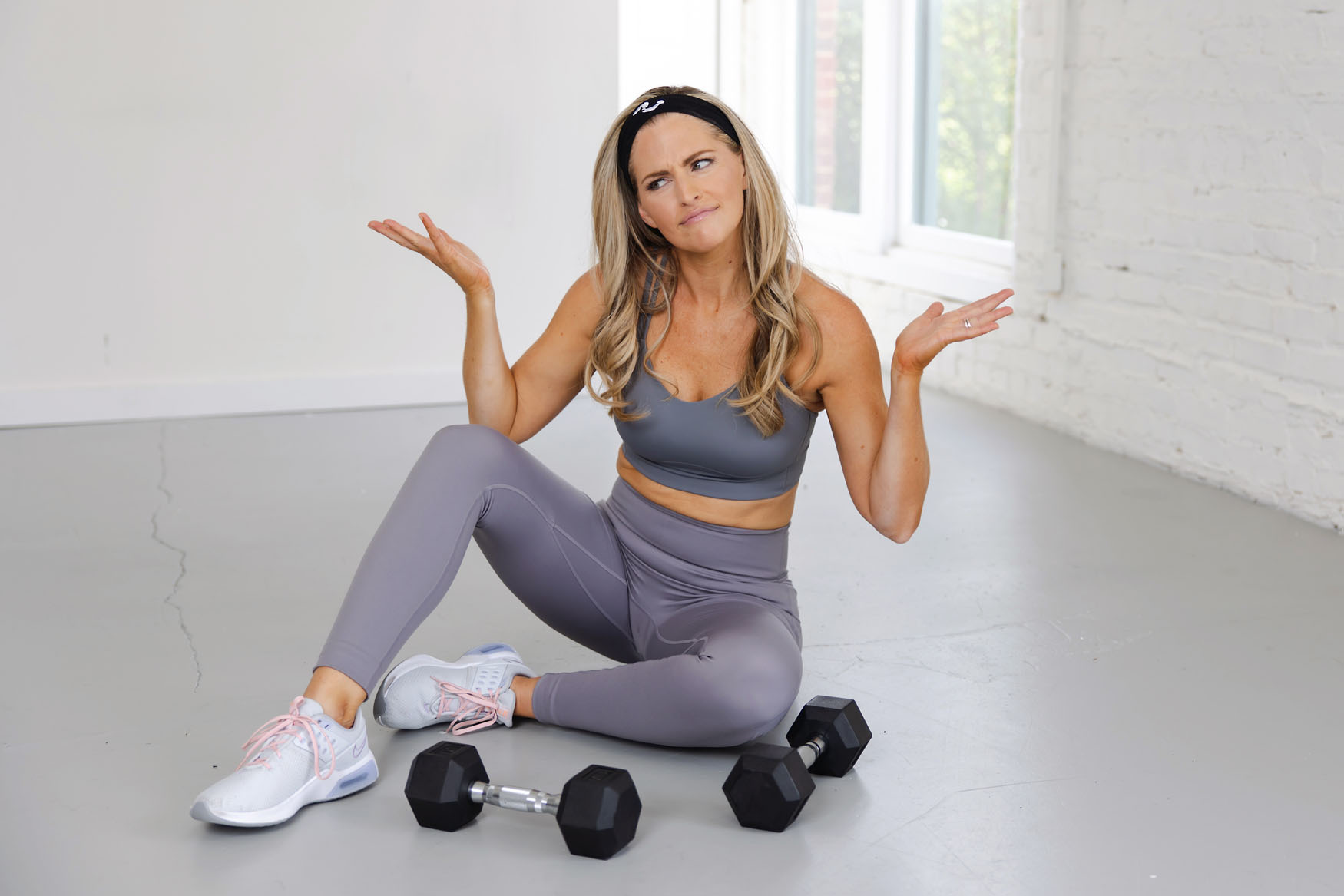
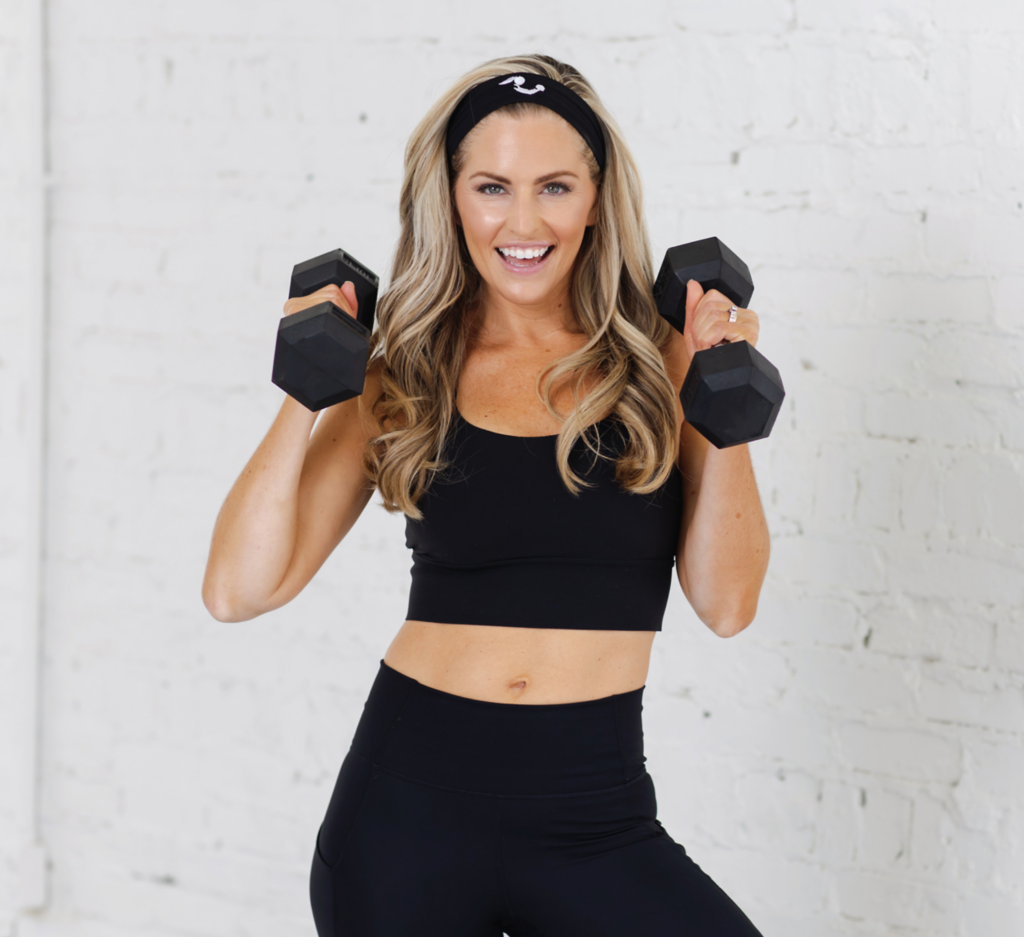
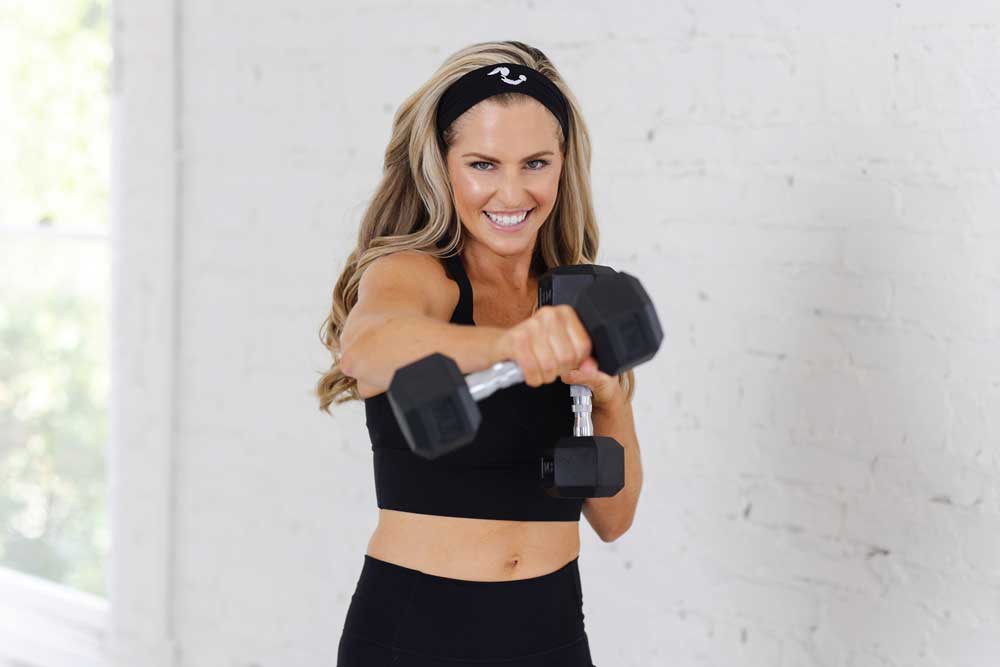



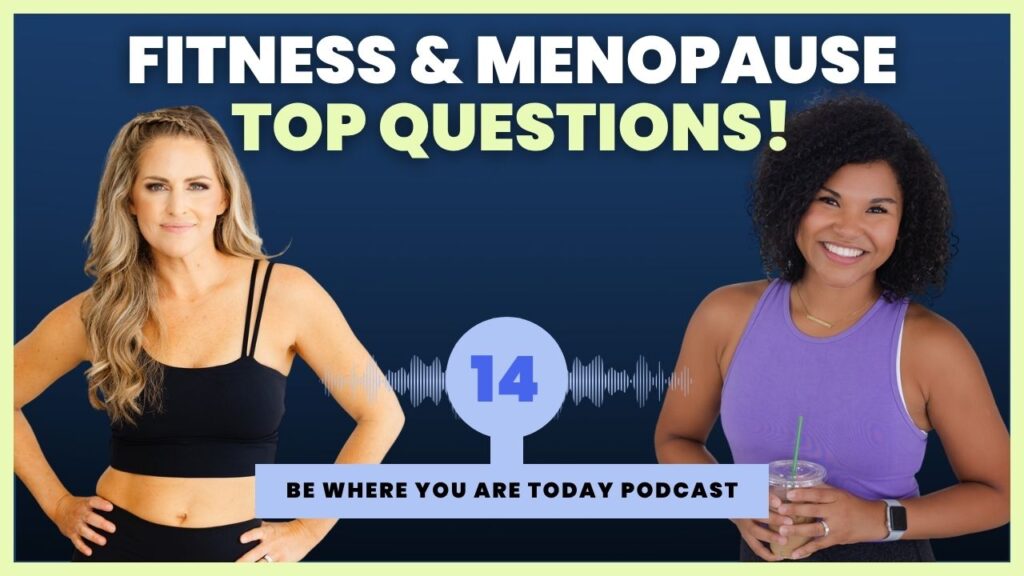
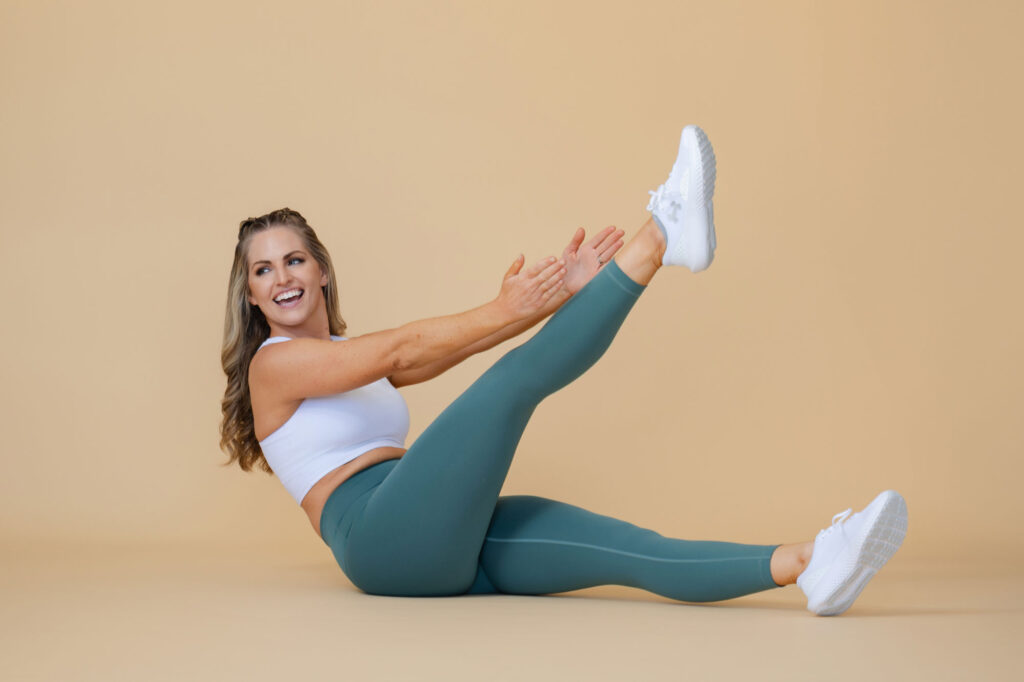



Leave a comment
Great read! Very informative! Thank you!!!